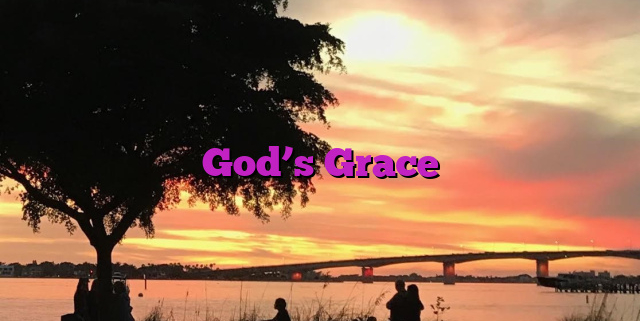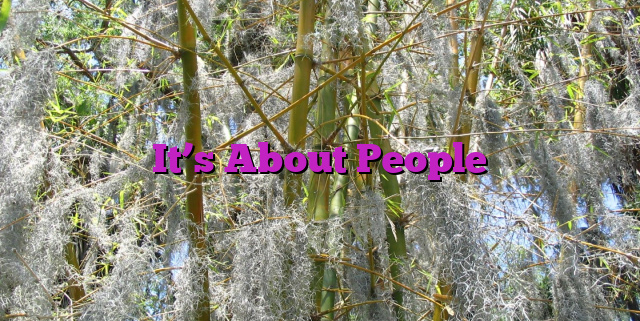Open Wide Your Hearts
In 2 Corinthians 6:11–12, the Apostle Paul writes, “We have spoken frankly to you Corinthians; our heart is wide open to you. There is no restriction in our affections, but only in yours. In return… open wide your hearts also.”
The truth is, Paul had given so much of his time, energy, and heart to them. He had been honest about his own shortcomings and failures. He laid it all out there. He was essentially saying: I’ve poured my life out for you. I’ve given everything I have and more. I’m asking you to open your heart to me, too. I’m asking for your affection… I’m asking for your friendship.
It’s not easy to risk putting yourself out there like that, is it? We get a real sense of Paul’s humanity here—his desire to be loved and known.
C.S. Lewis once wrote:
To love at all is to be vulnerable. Love anything, and your heart will certainly be wrung and possibly be broken. If you want to make sure of keeping it intact, you must give your heart to no one. Wrap it carefully round with hobbies and little luxuries; avoid all entanglements; lock it up safe in the casket or coffin of your selfishness. But in that casket—safe, dark, motionless, airless—it will change. It will not be broken; it will become unbreakable, impenetrable, irredeemable. The only place outside of Heaven where you can be perfectly safe from all the dangers of love is Hell.
(The Four Loves)
It can be tempting to fortify the walls of our hearts and not let others in. It can be tempting to be stoic and not allow others to see us or know us too deeply. But on the other side of this vulnerability is something that gives life meaning and value. And we are reminded of how God risks loving us.
The Irish poet and philosopher John O’Donohue put it this way:
The two longings deepest in your heart—the longing to love and to be loved—are not merely psychological needs; at a more profound level, they are the stirring of God within you.
Let us pray: God of Love, in Jesus Christ you walked among us. We thank you for your incarnate love. We also thank you today for the people you have brought into our lives—for neighbors, friends, family, our church family, and others who walk the journey with us. We pray today especially for those who feel lonely. May they know your presence and love even now. Grant us your grace, your patience, your forgiveness, and your love—that we might be better friends to those we love, and better able to reach out to those who need us most. We ask in Jesus’ name. Amen.













